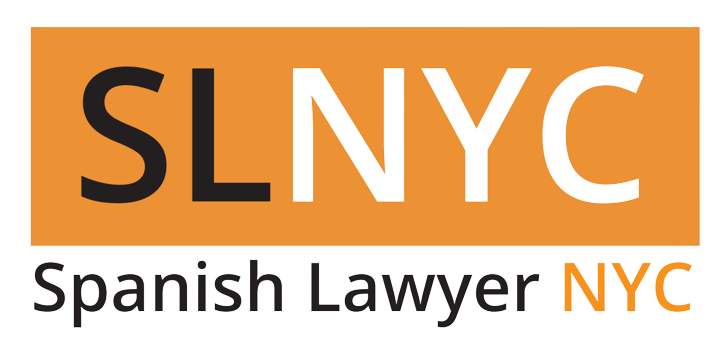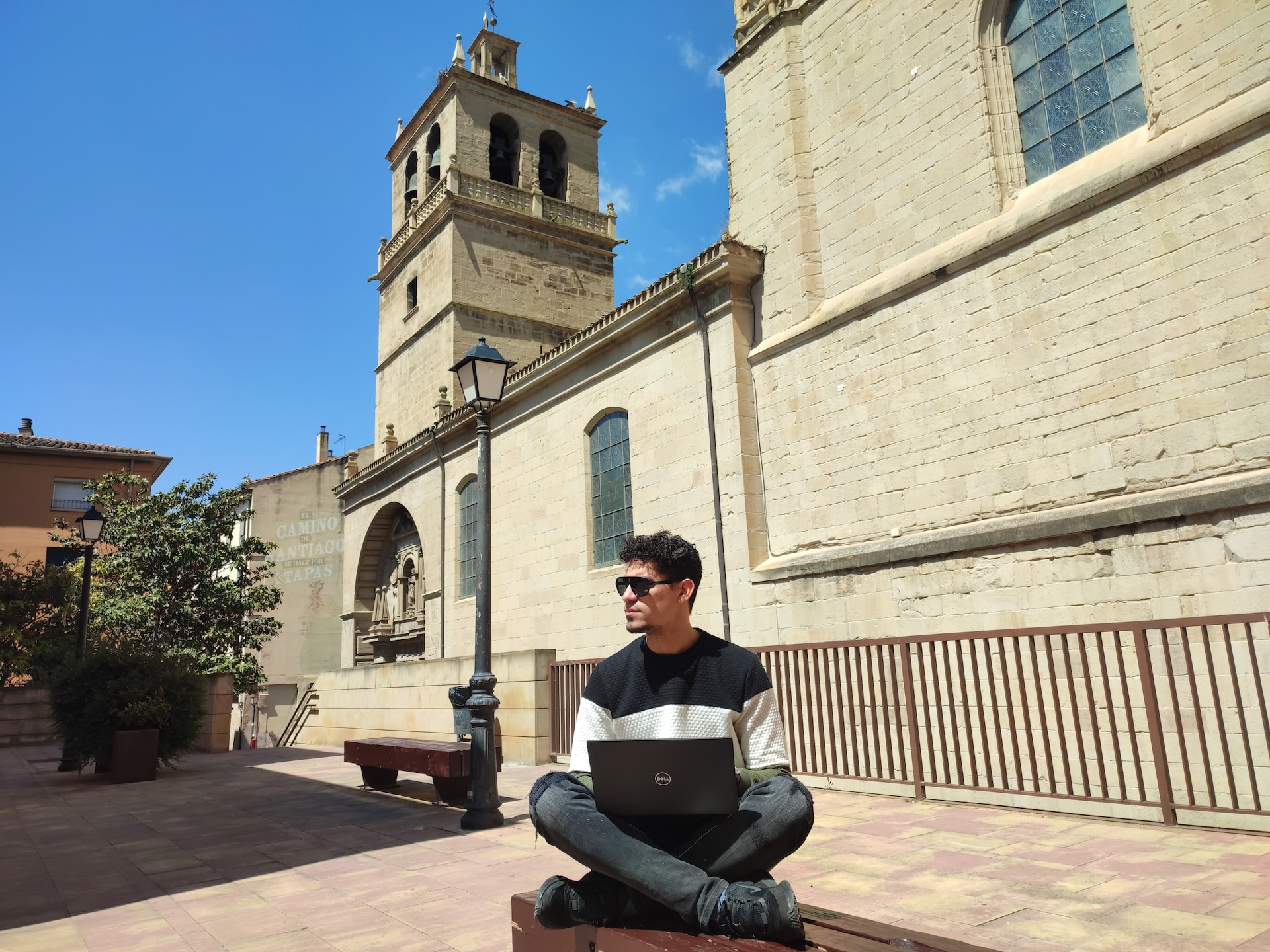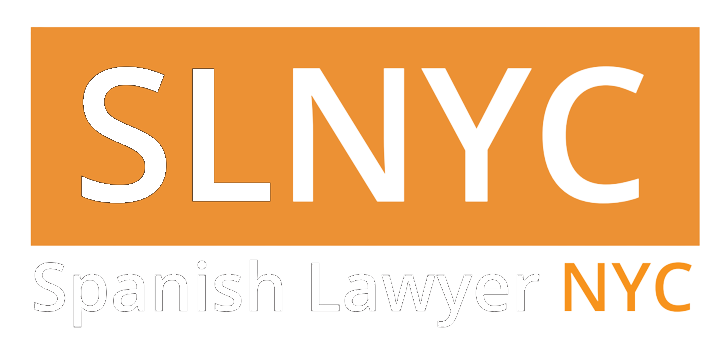The Constitutional Court (TC) is pending to resolve an appeal of unconstitutionality against the regulatory changes introduced in the Wealth Tax by the Law 11/2020 of the General State Budget for the year 2021 (LPGE 2021).
This Law made the following modifications regarding this tax:
1) First, the tax rates were raised for the last tax bracket, from 2,5% to 3,5%. This increase, in the opinion of some tax advisors, could be declared unconstitutional if the TC considers that this increase has a confiscatory scope.
2) In addition to the change described above, an elimination of the 100% bonification of the Wealth Tax, approved as of 2008, was made. This suppression involved that a tax considered as temporary (its enforceability had to be extended year after year), became, with the modifications introduced in the LPGE 2021, a permanent tax. This event could be assimilated to the creation of a new tax. And in that case, the new regulation would be unconstitutional, since the Spanish Constitutions explicitly forbids the adoption of new taxes through the General State Budget Law (Article 134.7 Spanish Constitution).
We understand that it is complicated for the TC to rule in favor of the unconstitutionality of the Wealth Tax based on these reasons, but if it does so, it would affect returns submitted for Exercises 2021 and 2022. It could even affect the 2023 returns if they are submitted without taking into consideration the unconstitutional changes.
Our duty is to inform our clients of this possibility and to put ourselves at their disposal to proceed with the corresponding request of the refund of the amounts paid for the Wealth Tax returns regarding Exercises 2021 and 2022, alleging the arguments set out above.
Thus, considering that the Constitutional Court is lately issuing sentences with limited effects. In this way, the Constitutional Court has recently been pointing out that those tax returns that have not been appealed prior to the date on which the Sentence has been issued may not be reviewed.
In Spanish Lawyer NYC we remain at your disposal for appealing the Wealth Tax returns submitted for the Exercise 2021 and 2022. In case you so decide, please do not hesitate to contact us.










